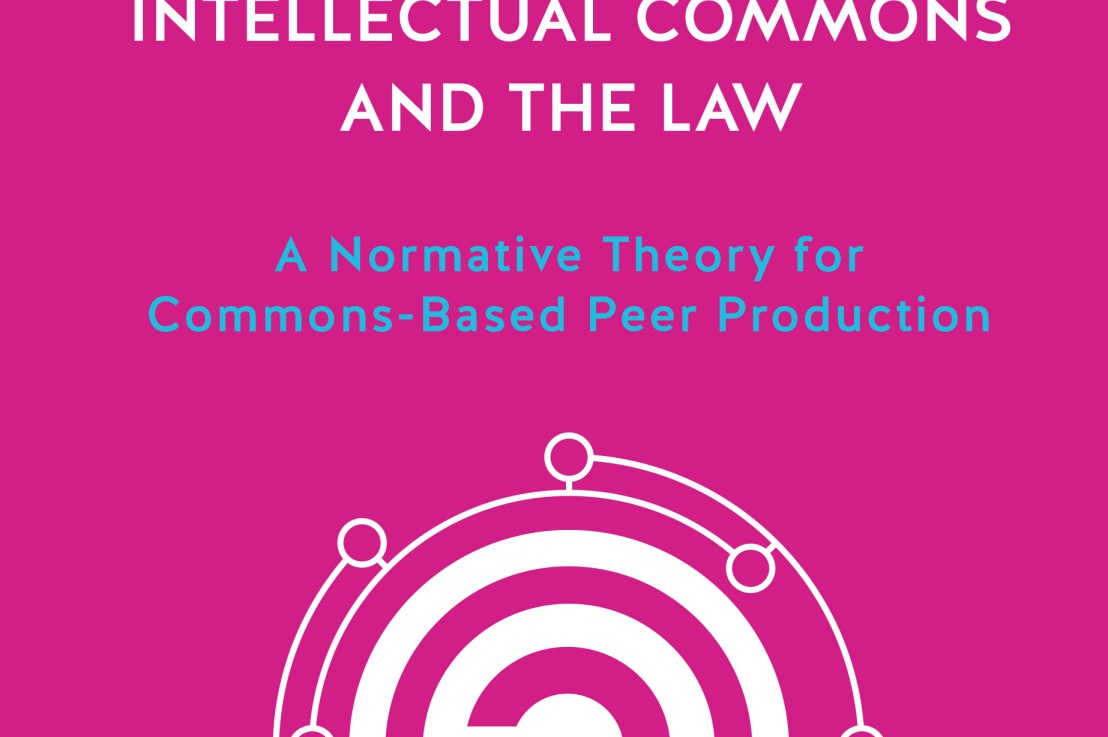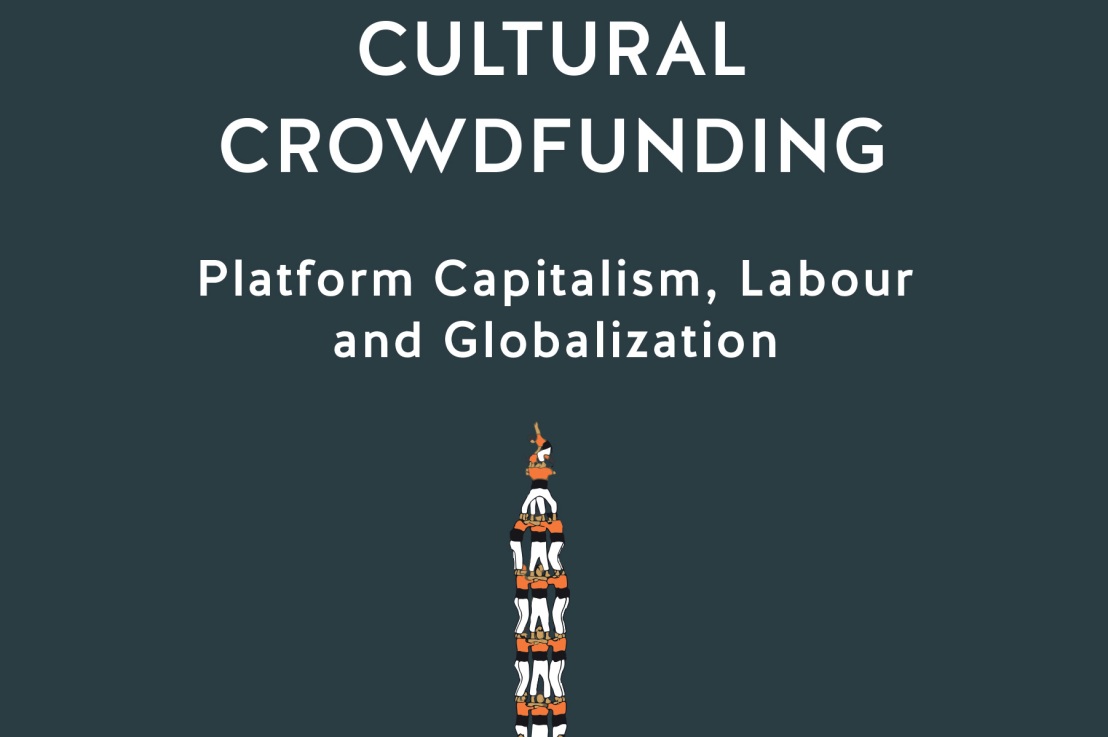UWP launched a brand new journal today, now open for submissions.
Editors David Chandler, Andreas Philippopoulos-Mihalopoulos and Jane Lewis of the University of Westminster explain the background and their thinking that led to its creation:
‘Anthropocenes – Human, Inhuman, Posthuman’ seeks to explore the implications of the Anthropocene from the perspectives of the social and life sciences, arts and humanities. We see the Anthropocene as an invitation to think differently about ways of being in the world and how we operate within, across and beyond our disciplinary framings. We take inspiration from Val Plumwood’s view that the Anthropocene poses the question: ‘Is it to be a posture of openness, of welcoming, of invitation, toward earth others, or is it to be a stance of prejudged superiority, of deafness, of closure?’ At present we feel that there is too little invitation: work on the Anthropocene often seems divided between climate scientists working along technical and managerial lines and, what can come across as, fairly aloof and abstract philosophical approaches. We seek to work to expand the area of Anthropocene work which can often be obscured by this divide; working out from the middle as it were.
For us, the Anthropocene poses questions that go far beyond narrow technical or governmental concerns of how to address issues such as climate change and global warming. While some contributors may, no doubt, be concerned with preventing, slowing or opposing the Anthropocene as a future to come, we hope that others will provide a critical, constructive and exploratory focus upon what it means to live within the Anthropocene as a time in which the certainties of the modernist world are becoming undone. Our desire is that this journal will pursue the open-ended and future-oriented invitations of the Anthropocene through building new cross-disciplinary research communities, facilitated through publishing in an open access format available to all.
We feel that the time is right to establish a world-leading interdisciplinary journal placing the University of Westminster at the centre of contemporary conceptual debates and practices. Drawing upon our unique strengths across diverse fields from the arts and media to the human sciences, via law, architecture and politics, Anthropocenes will engage and work with leading and upcoming international academics and practitioners looking for an interdisciplinary outlet and keen to develop and initiate debate through traditional and non-traditional forms of publication including visual and audio links.’






